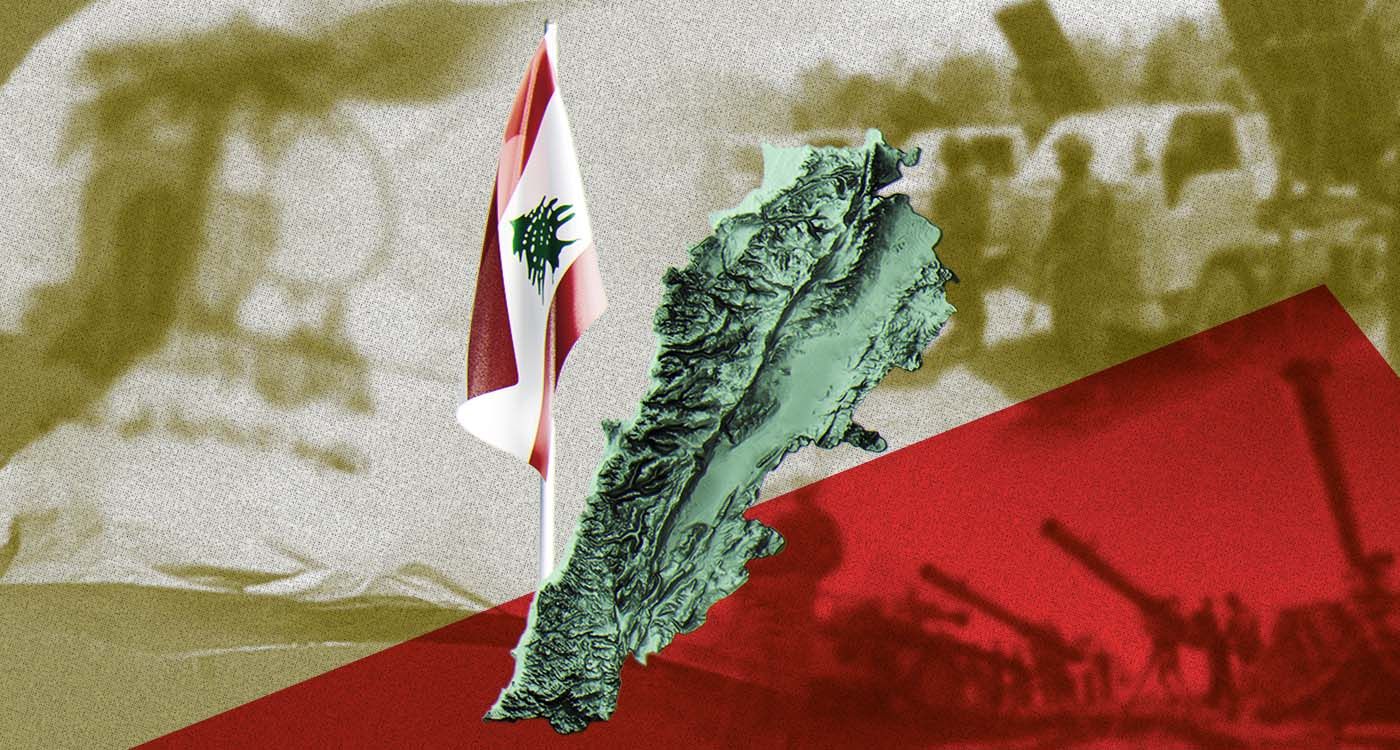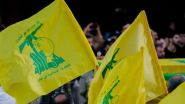
Lebanon’s government warns that disarming Hezbollah, the pro-Iran militia that undermines its sovereignty, risks plunging the country into civil war. Yet, it simultaneously demands that the international community restrain Israel from targeting this group. This contradictory stance exacts a devastating toll: Without Hezbollah’s disarmament, Israel’s low-intensity military campaign will persist, repelling reconstruction funds and foreign investments. Lebanon faces prolonged economic paralysis and political irrelevance, a self-inflicted crisis rooted in its failure to confront the militia that holds its sovereignty hostage.
Lebanon’s leadership appears trapped in a web of fallacious reasoning, seemingly unable to distinguish between its obligations under international law—such as enforcing state control over armed groups per UN Security Council Resolution 1701—and its domestic political entanglements. By failing to assert sovereignty, Lebanon invites external intervention.
Unwilling to tolerate an armed Hezbollah along its northern border, Israel fills this vacuum with relentless airstrikes on militia operatives and arms depots while maintaining control over five strategic hilltops near the border.
Many Lebanese politicians often deflect responsibility, proposing economic development or programs to lure Hezbollah fighters into civilian jobs as alternatives to disarmament. These are mere distractions, delaying the inevitable and empowering Hezbollah, which exploits Lebanon’s dysfunction to maintain its military and political dominance. Such proposals ignore the reality that economic recovery and stability are impossible while an armed militia undermines the state.
The international community, exasperated by Lebanon’s chronic indecision, has no interest in resolving this self-inflicted crisis. The message is clear: Lebanese sovereignty is Lebanon’s responsibility. Beirut must make the hard choice to disarm Hezbollah, whatever the cost, or remain a bystander as Israel continues to neutralize the militia’s threat.
A parallel dynamic unfolds in Gaza, where the refusal to disarm Hamas perpetuates suffering and stagnation. The first phase of the Trump Deal secured the release of all Israeli hostages in exchange for 2,000 Palestinian prisoners. However, unless Hamas surrenders its weapons, Israel will retain control over half of Gaza, including all border crossings.
This stranglehold blocks reconstruction funds and investments critical for rebuilding infrastructure and fostering economic growth. Like Lebanon, Gaza prioritizes militia armament over national interests, sacrificing the population’s desperate need for jobs, housing, and stability. The refusal to disarm Hamas ensures Gaza remains under Israeli military oversight, unable to recover from years of conflict.
The ethos of resistance, embodied by Hezbollah and Hamas, is meant to serve national survival. Instead, both militias invert this principle: Lebanon and Gaza remain crippled so that Hezbollah and Hamas can endure. This perverse dynamic condemns the region to perpetual conflict, economic ruin, and lost opportunities for future generations. By prioritizing their arsenals over the welfare of their people, these militias betray the very cause they claim to champion, leaving Lebanon and Gaza trapped in a cycle of devastation.
A recent Israeli strike in Msailih, a southern Lebanese town and the hometown of Speaker Nabih Berri—Hezbollah’s political ally in the Shia political duo—underscored Israel’s resolve. The target was a company renting small tractors and construction vehicles, which Hezbollah allegedly uses to dig tunnels and build fortifications. These vehicles are also essential for clearing debris and rebuilding Lebanon’s war-torn south.
By striking them, Israel sent a pointed message: as long as Berri and his allies enable Hezbollah’s rearmament and undermine Lebanese sovereignty, no one is immune from Israel’s reach.
Israel’s strategy shifted decisively after October 7, 2023, when it recognized that Arab governments, including Lebanon and the Palestinian Authority, lack the power to control militias. This realization redefined Israel’s approach to security and peace. No longer relying on promises from weak states, Israel now imposes its own terms: Disarm Hezbollah and Hamas, or face indefinite military oversight.
In Lebanon, this means continued strikes on Hezbollah’s infrastructure and operatives. In Gaza, it means controlling key territories until Hamas disarms.
The international community’s patience has worn thin. Lebanon and Gaza cannot expect external powers to resolve their crises. Sovereignty demands tough decisions—disarming militias, enforcing state authority, and prioritizing national recovery over ideological resistance.
Hezbollah and Hamas have long exploited the rhetoric of resistance to justify their grip on power, but their actions serve only to prolong suffering. Until Beirut and Gaza act decisively, Israel will continue policing these militias, ensuring both regions pay the price of inaction with prolonged devastation, economic collapse, and the erosion of any hope for a stable, prosperous future. The path to recovery lies in courage, not capitulation to armed groups that hold their people hostage.




Comments